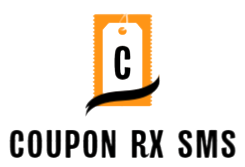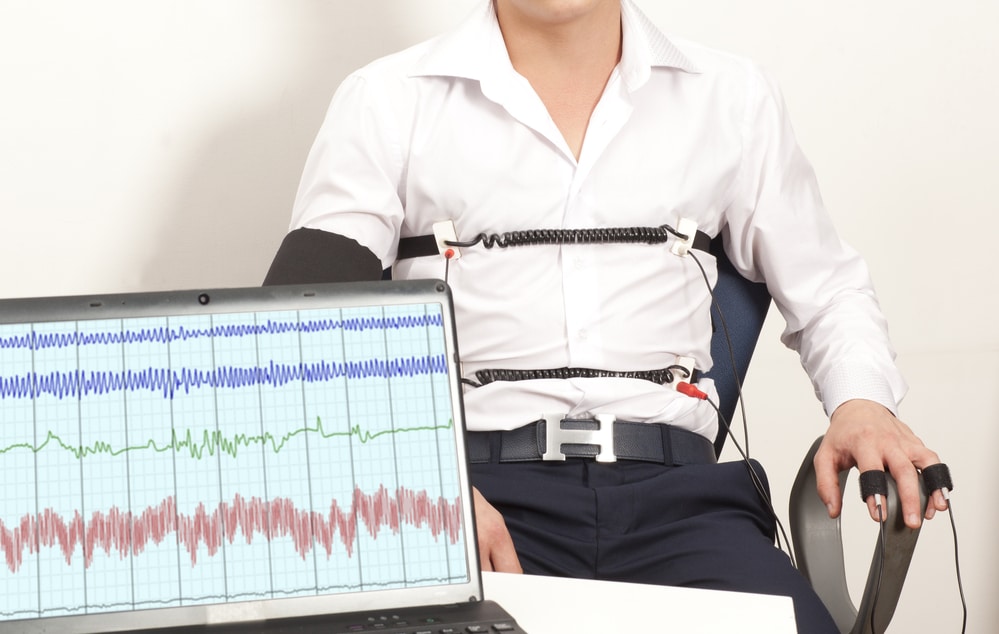Commonly referred to as lie detector testing, polygraph testing is a method some companies use to evaluate job prospects’ or employees’ moral integrity. This approach has natural constraints even if it can have various advantages. Many turn to the Polygraph Knowledge Hub for educational materials and recent studies in lie detection.
Polygraph testing’s advantages include improved integrity and trust.
The possibility of polygraph testing in the workplace to improve employee trust is one of its main advantages. Using polygraph testing, companies show their dedication to preserving an integrity and openness culture. This proactive strategy can deter unethical behavior since workers could consider twice before using unethical methods knowing their truthfulness could be under scrutiny.
Deterrent against fraud and theft
Strong discouragement of workplace theft and fraud can come from polygraph testing. The possibility of a lie detector test may discourage dishonest people from trying to take advantage of weaknesses in sectors where sensitive information or valuable assets are at danger. Knowing that polygraph testing could track their behavior might inspire staff members to follow ethical guidelines.
Enhanced Hiring Procedures
Including polygraph testing into the employment process helps to improve choices of candidates. Companies might evaluate candidates’ openness about their origins, experiences, and goals. This extra layer of examination can assist find possible hazards and guarantee that only reliable people enter the company, therefore protecting its interests.

Polygraph Test Limitations: Reliability Issues
Notwithstanding its advantages, polygraph testing is not perfect. Critics contend that several elements can affect the accuracy of polygraph exams, including the psychological condition of the individual, degree of fear, and even the examiner’s prejudice. False positives and negatives call for doubt on the validity of the findings, therefore rendering this less-than-perfect instrument for determining sincerity.
Moral and Legal Consequences
Furthermore, raising ethical and legal questions is the use of polygraph testing in the workplace. Laws controlling or prohibiting the use of lie detector testing in employment settings abound in many nations. Companies have to negotiate these legal systems carefully to stay out from under possible charges of discrimination or lawsuits. Ethical issues also surround employee privacy and permission since such testing could cause discomfort or violation of rights.
In the job, polygraph testing has advantages and restrictions. Although it can boost confidence, discourage dishonesty, and streamline hiring procedures, issues of dependability, legal ramifications, and possible bad effects on company morale have to be given great thought. The Polygraph Knowledge Hub is a central resource, offering valuable information on polygraph technology advancements and applications.




